Any form of identity theft can be costly, unsettling, and take months — sometimes years — to fully recover from and repair. But tax-related identity theft can be particularly disturbing because it involves the IRS, about which many people already harbor suspicion and anxiety.
Although the IRS has taken significant steps in recent years to help minimize the occurrence of tax-related identity theft, this type of fraud continues to occur. Here’s how to avoid becoming a victim.
Individuals and businesses are vulnerable
If criminals use your information to file an income tax return to claim your refund, the first notification of fraud you receive may be a denial of your return. Tax returns are identified via Social Security numbers (SSNs), and the IRS won’t accept two returns with the same taxpayer identity. Thieves make a point of filing as early as possible to get a jump on the legitimate taxpayer.
Tax-related identity theft isn’t limited to personal returns. Business identity theft can occur when a fraud perpetrator uses an Employer Identification Number (EIN) associated with your business to file a return. In either case, if the IRS receives a fraudulent request for a refund, it could issue it to the criminal via direct deposit or check.
4 red flags
Often, the IRS is responsible for uncovering tax-related identity fraud when confronted with the problem of two separate returns. But you also should be on the lookout for red flags, for example:
1. Your return is rejected. The most unambiguous indication of tax-related identity theft is when the IRS rejects your return based on a duplicate SSN or EIN. You may learn this immediately if you e-file your return.
2. The IRS notifies you. When the IRS discovers a suspicious tax return, it will contact the affected taxpayer through the mail. If you receive a letter indicating a problem, the IRS may ask you to complete a form to prove your identity. The IRS might also notify you that there’s a new online account in your name or that someone has taken over your existing account.
3. You’re asked to pay additional taxes. Criminals often submit fictitious information to the IRS to trigger a refund payment. If the agency conducts a review and learns that the return associated with your SSN or EIN contains incorrect amounts (usually after a return is processed), it may ask you for more money. The IRS could notify you that you owe additional tax, that it’s withholding a future refund or that it plans to take collection actions.
4. IRS records are incorrect. Criminals often invent sources of income to appear legitimate to the IRS and facilitate a refund. If, for example, the IRS issues an EIN you didn’t request, a criminal may be using your business’s identity to submit fraudulent returns.
How to report fraud
If it appears your tax-related identity has been stolen, your need to complete IRS Form 14039, Identity Theft Affidavit, as soon as possible. The IRS will then assign your case to one of its employees trained to help identity-theft victims. The employee will determine the scope of the fraud, make any necessary corrections to IRS records and assign to you a personal identification number to prevent criminals from using your SSN or EIN to file returns in the future.
You may also need to notify your state’s tax authority. Although less prevalent (because refunds generally are smaller), it’s possible someone could use your SSN or EIN to file a fake state tax return.
Prevent it from happening in the first place
Of course, the best defense against tax-related identity theft is offense. File early before a potential scammer can file a fraudulent return in your name. Ensure that your computer is well-protected from viruses, malware and other hacker weapons and watch out for phishing emails. Also, take advantage of the ID.me program. After you verify your identity, you can use your ID.me account to securely communicate with the IRS and various other government agencies.
If you suspect you’ve become a victim of fraud or have questions about protecting your own or your business’s identity, contact us.



